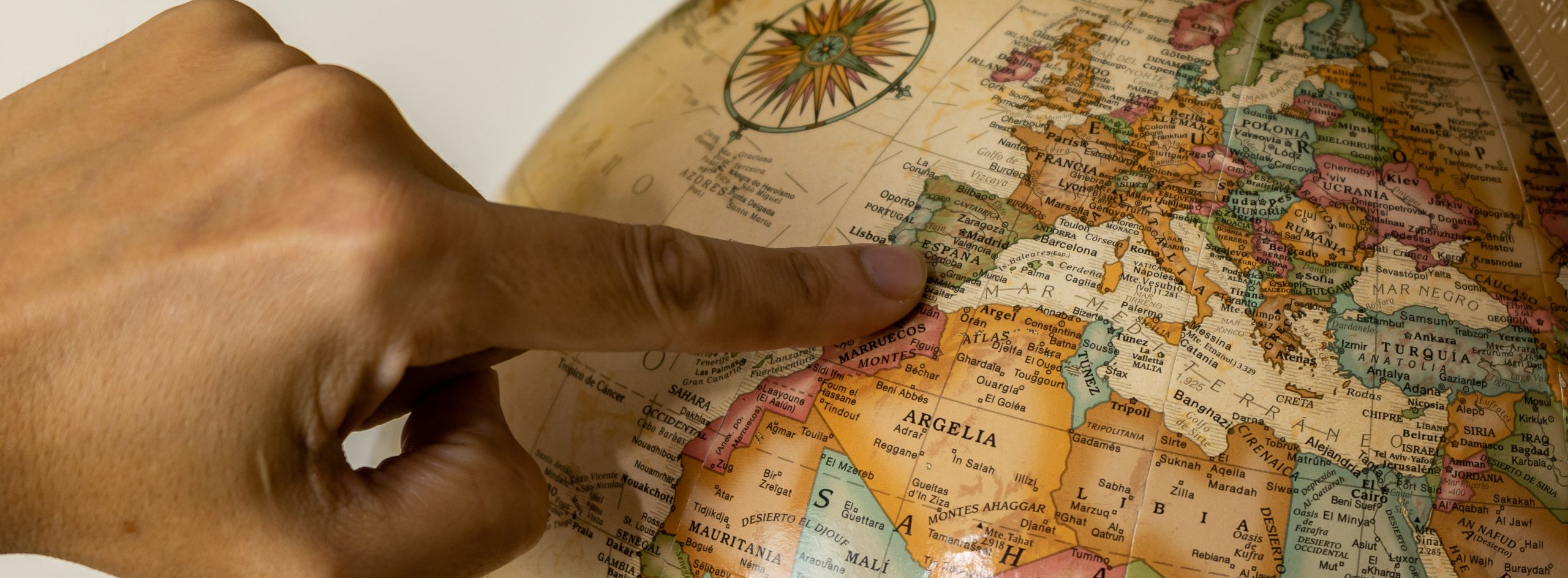Tourism at Easter broke hotel reservation records throughout Spain, consolidating the trend set in 2022 and definitively confirming the reactivation of the sector after the pandemic. Revenge tourism has been partly the main driver of this recovery, encouraging people to make up for lost time and reinvigorating the adventurous spirit, generally taking the form of family trips to well-known destinations.
Spain is the preferred destination for Europeans. The reservation data for Easter indicate that there was between 80% and 90% hotel occupancy according to the Spanish Confederation of Hotels and Tourist Accommodation (CEHAT), almost six points above the same period in 2021. Even so, a cap on the volume of consumer purchases can be seen, which is directly related to the current economic situation, inflation and the rise in energy prices. Regarding summer, the Hotel Alliance, which represents 22 medium and small Spanish chains, also has an optimistic forecast for the summer season, once again indicating that reservations will be around 90% or 95% during the months of July and August, being in 2019 the national average of 76.8%. Europe, the Americas, the Middle East and Asia have also registered a high number of reservations and arrivals that are close to pre-pandemic levels again.
All these data and forecasts for the future are really positive and invite a greater advertising investment in the international tourism market; investment that has also been growing in parallel according to the actual materialization of the forecasts in 2021. Although it is also possible that, by talking about data, predictions and future forecasts in an optimistic way, we are finally facing a large speculative bubble; a kind of illusion that ultimately will not correspond to reality and that will mean, against all odds, losses in the sector in terms of investment and profits.
On the one hand, the data anticipates another beneficial summer season for the sector in terms of hotel reservations and occupancy, not only in Spain, but in almost all other world markets; but, on the contrary, uncertainty continues to grow (apparently) due to the aforementioned social and economic situation, which trend should we give more importance to? How can this situation occur? Is it a reality or just a mirage?
The truth is that the data does not deceive, and it is that the so-called revenge tourism, or simply the desire to take vacations, spending more or less, as its own and inalienable right among so much negative news, is something that goes beyond Spanish society and its character or predisposition with this issue; it is a pattern that is apparently expected in different countries and markets. We have a better example last year 2021 and its real results obtained in a context similar or similar to that of this year.
There are really reasons to believe that these forecasts are not a mirage, that real growth is being followed and that the tourism market (and all that it implies) is truly facing a very beneficial period for the sector.







